There is a lovely moment every year when spring bursts upon the scene. A recent walk in the woods on April 1 revealed that moment to me. An intense storm rolled in from the southwest the night before and brought in new spring migrants. I heard my first Brown Thrasher singing from the top of a tree and soon after that encountered a mixed flock of Golden-crowned Kinglets, Yellow-rumped Warblers, and Phoebes. They were all busy snatching insects out of the air. This is a sure sign that winter has released its grip, and life is reawakening.
I took a side trail out to a large lake and wetland, and as I looked out upon the wetland, I could see flocks of Tree Swallows swooping through the air and perching on Wood Duck nest boxes. I felt the warmth of the sun and the softness of the spring air, and then I heard a Wild Turkey gobble. That triggered a deep and visceral sense of relief that spring was here. I looked across the lake at the woods on the far shore where the gobble originated and noticed the bright green grass waving in the wind. I felt a kinship with that turkey when I realized we were both feeling the same pull of spring.
“… in solitude, or in that deserted state when we are surrounded by human beings and yet they sympathize not with us, we love the flowers, the grass and the waters and the sky. In the motion of the very leaves of spring in the blue air there is then found a secret correspondence with our heart.” Percey Bysshe Shelley
My surroundings now gained new significance. Sunshine had entered my thoughts. The wind caressed my ears. I sensed the energy and urgency in the calls of the frogs, so loud and intense you could not ignore them. The large flocks of waterfowl in the air were subdivided into smaller groups, and within those, you could pick out the bonded pairs; they twisted and turned, yet remained inches apart as they slipped through the brilliant blue sky.
A little farther down the trail I glanced across the wetland and noticed a small group of people on the far side, and I knew they would flush something that may come in my direction. I walked down and stood in the tall grass to see what would come my way. I expected ducks to fly by, but instead, I heard emphatic crashing and splashing out in the wetland. A small herd of deer appeared off in the distance. They were keenly focused on the people on the other side and unaware of my presence. They seemed agitated and unsure of what to do. To my surprise, they committed to swimming across the open water to reach the bank where I was standing. They swam with their heads just above the water and then ran up the bank glistening in the sun. When they caught sight of me, they took off running full tilt with their heads low, necks stretched out, flying through the vegetation. They were gone in seconds.
I could tell that these deer had experienced hunting pressure and were scared of people. This stands in contrast to the deer that I watch in more urban parks without hunting, where they show little to no fear and allow you to get quite close.
As I watched the deer disappear into the woods, I detected a faint, bubbly, musical song with high trills and whistles coming from that direction. I couldn’t quite make it out at this distance, so I followed the deer down to the river. When I got up to the riverbank, I sat at the base of a tree. A flash of brown under a rotten Ironwood trunk lying in the leaf litter caught my attention. There it was again, a slight movement in the shadows. It seemed more like a mouse than a bird.
I shifted my feet and rustled the dried leaves, and the little brown sprite under the log popped up to inspect his surroundings. His short tail was held erect and he was doing a little dance, pumping his legs as he rose up and down while twisting from side to side. His dark shining eyes quickly identified me as something unusual or threatening, and he disappeared inside the hollow log.
For the next five minutes, we played a game of hide and seek. The log was riddled with holes, and the tiny Winter Wren stuck his head out of different holes to keep an eye on me as he went about foraging for insects inside the log.
He made one last appearance on top of the log, cast a backward glance in my direction, dipped and rose, and was gone in a flash. He flew into a nearby tangle of brush and hopped up to a height of four feet. He was so tiny it was hard to see him perched in the tangle of dead limbs.
I knew he was still there; the air was now filled with his remarkable song. He was announcing his presence with great gusto. His vocalizations represented the apex of song complexity and were delivered with ten times the power of a crowing rooster. The musical virtuosity of this tiny being surely has been appreciated since the first human heard this song emanating from an old-growth forest.
“Wonderful . . . charming . . . marvelous . . . startling. . . entrancing . . . copious, rapid, prolonged and penetrating, having a great variety of the sweetest tones, and uttered in a rising and falling or finely undulating melody . . . as if the very atmosphere became resonant . . . [a] gushing melody, which seems at once expressive of the wildest joy and the tenderest sadness.” - Arthur Bent
The song of the Winter Wren is one of the pure joys of spring. A melodic reminder that wild forest spirits are still among us, crying out on behalf of the vestiges of wild forests in the north. Maybe this tiny songster is our savior. If only we could fall into sympathy with his intelligence.
“A town is saved, not more by the righteous men in it then, by the woods, and swamps that surrounded the township, where one primitive Forest waves above, while another primitive Forest rots below, - such a town, is fitted to raise, not only corn and potatoes, but poets and philosophers for the coming ages in such a soil grew Homer and Confucius and the rest, and out of such a wilderness comes the reformer, eating Locusts and wild honey.” Henry David Thoreau




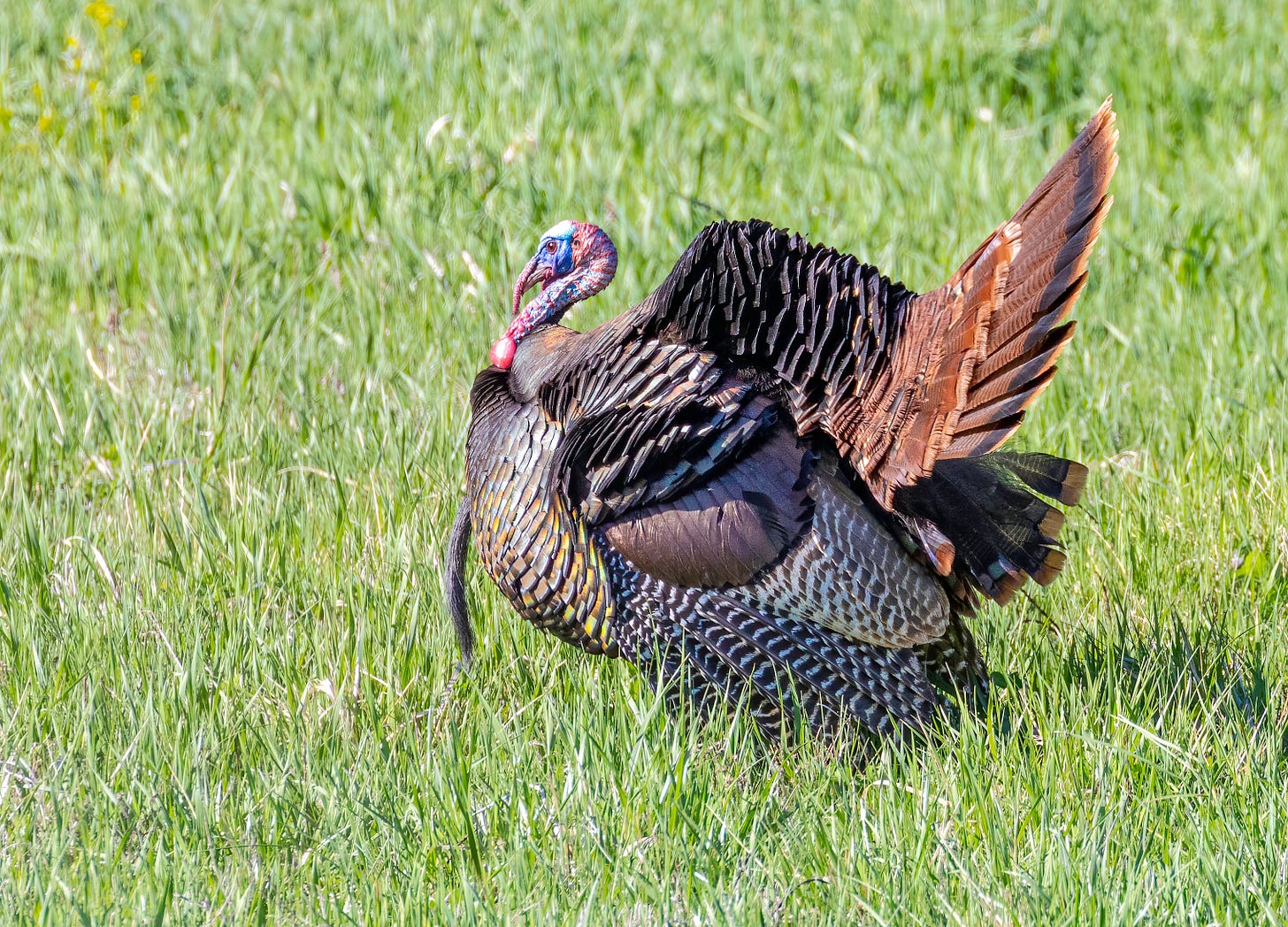
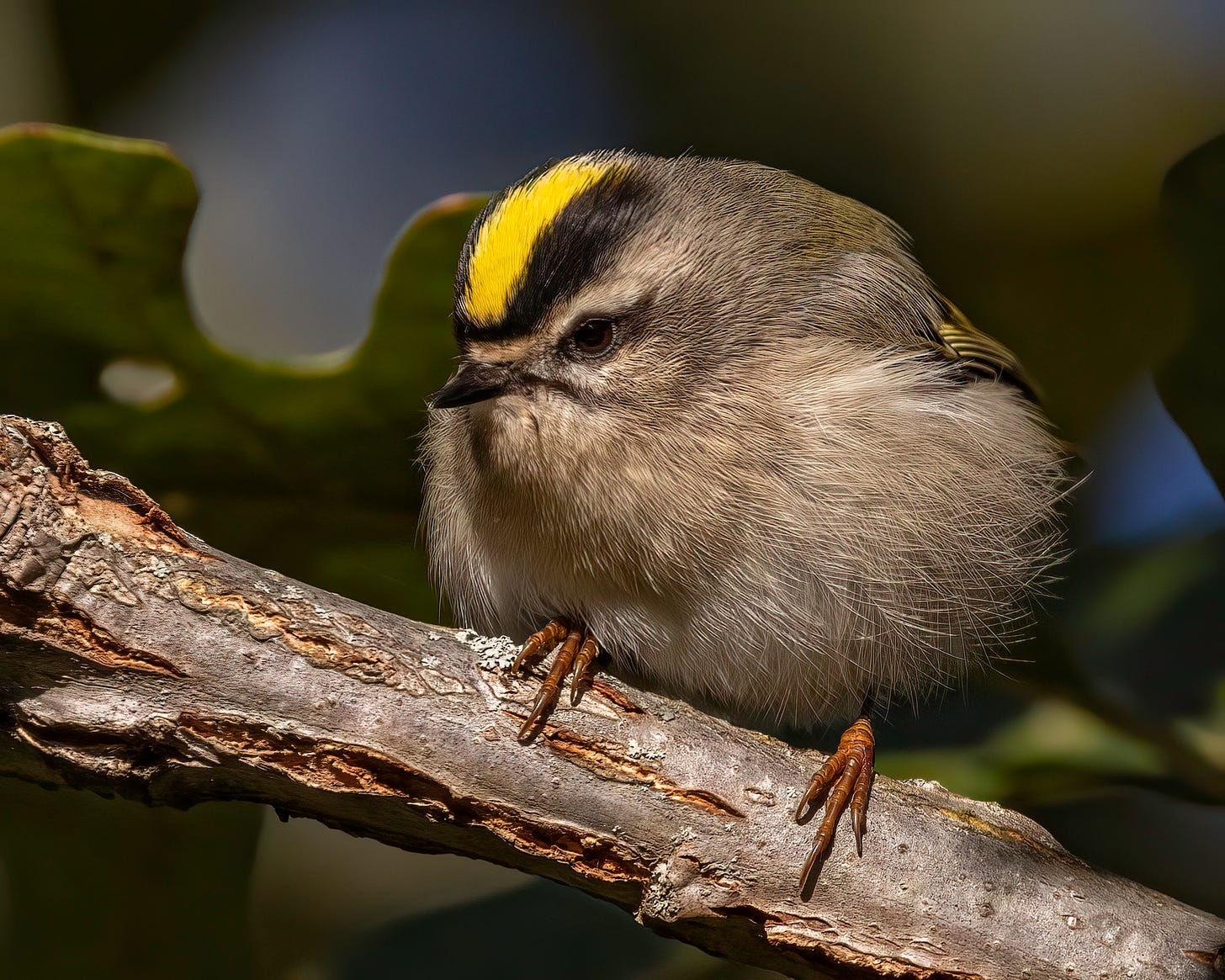

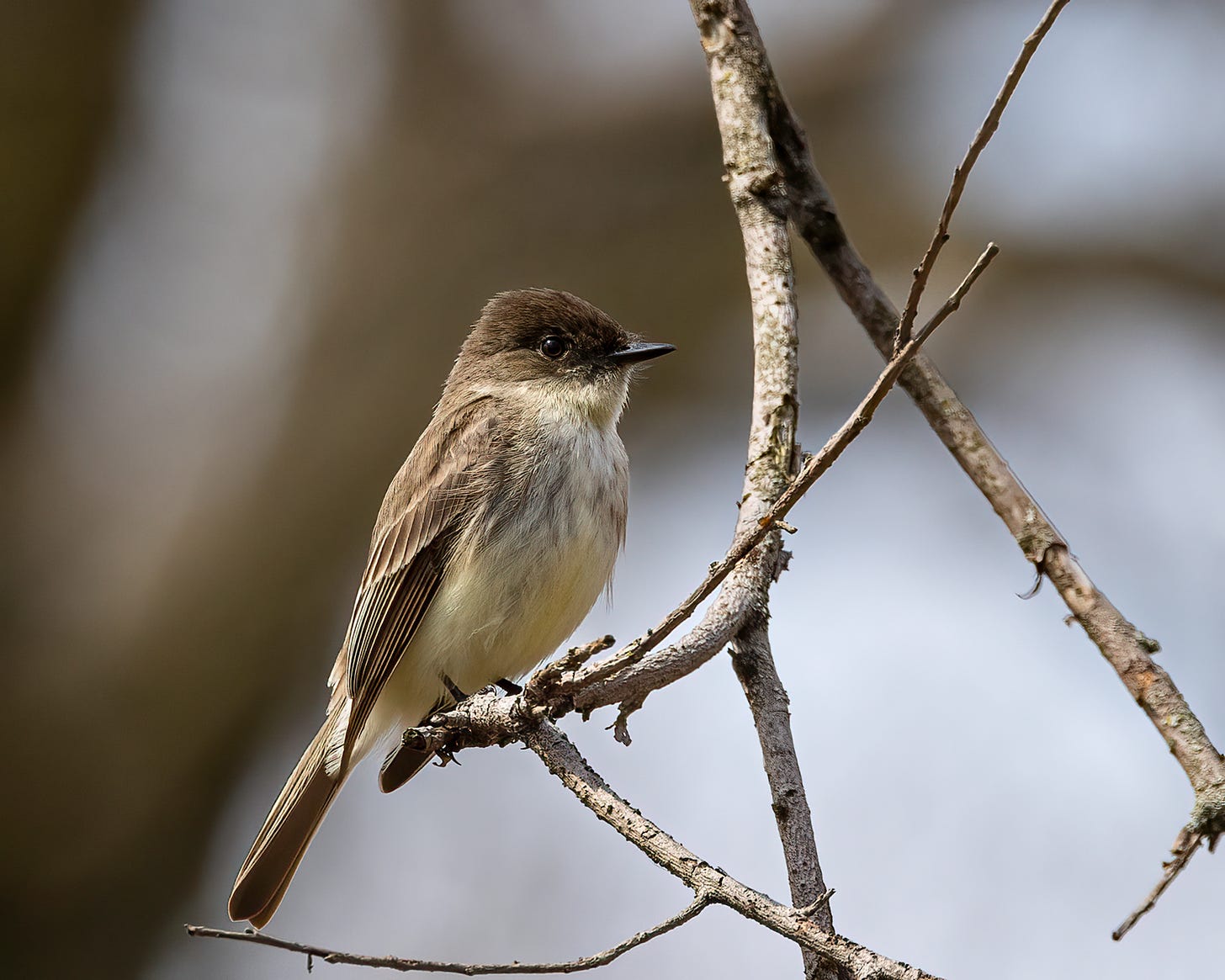
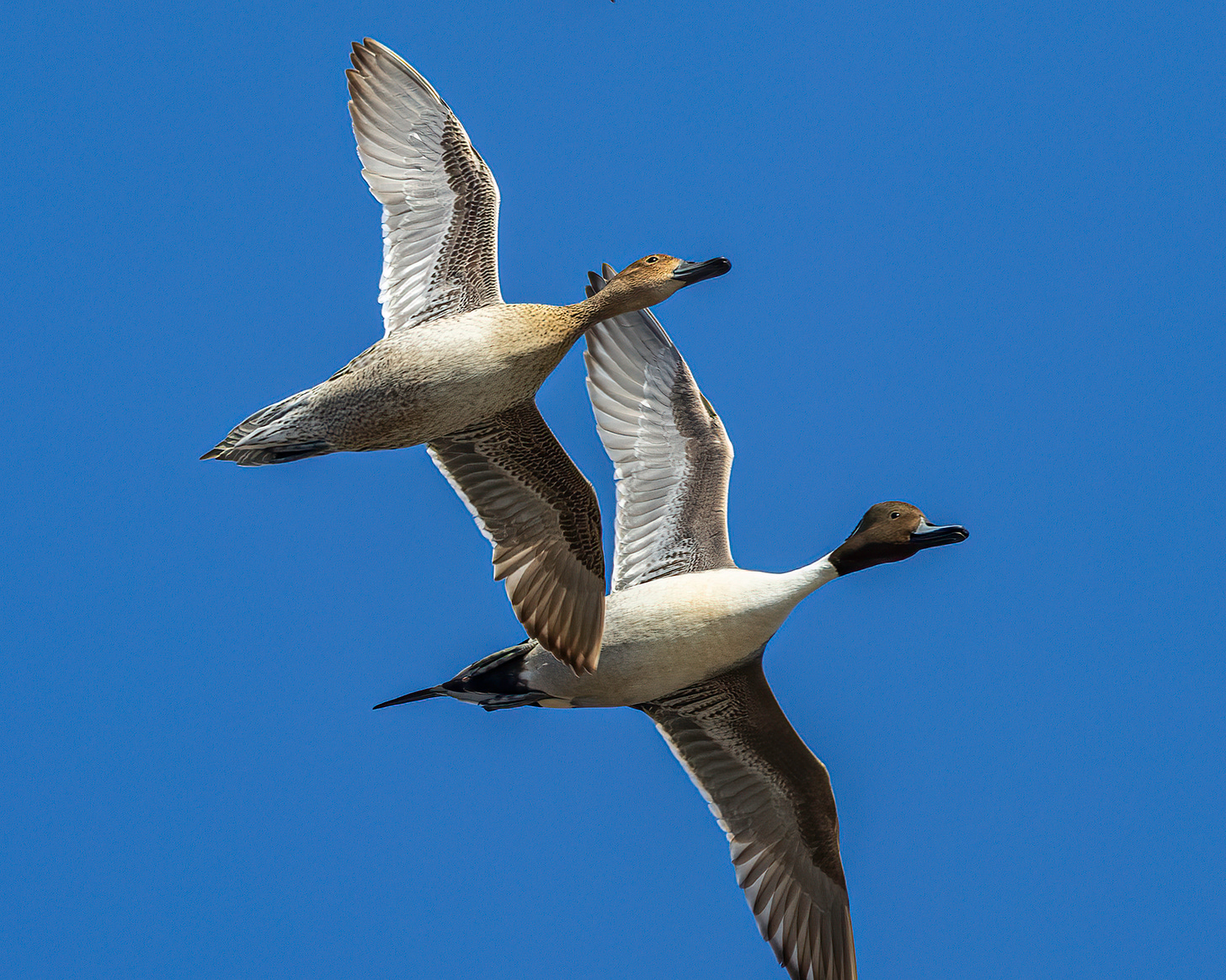
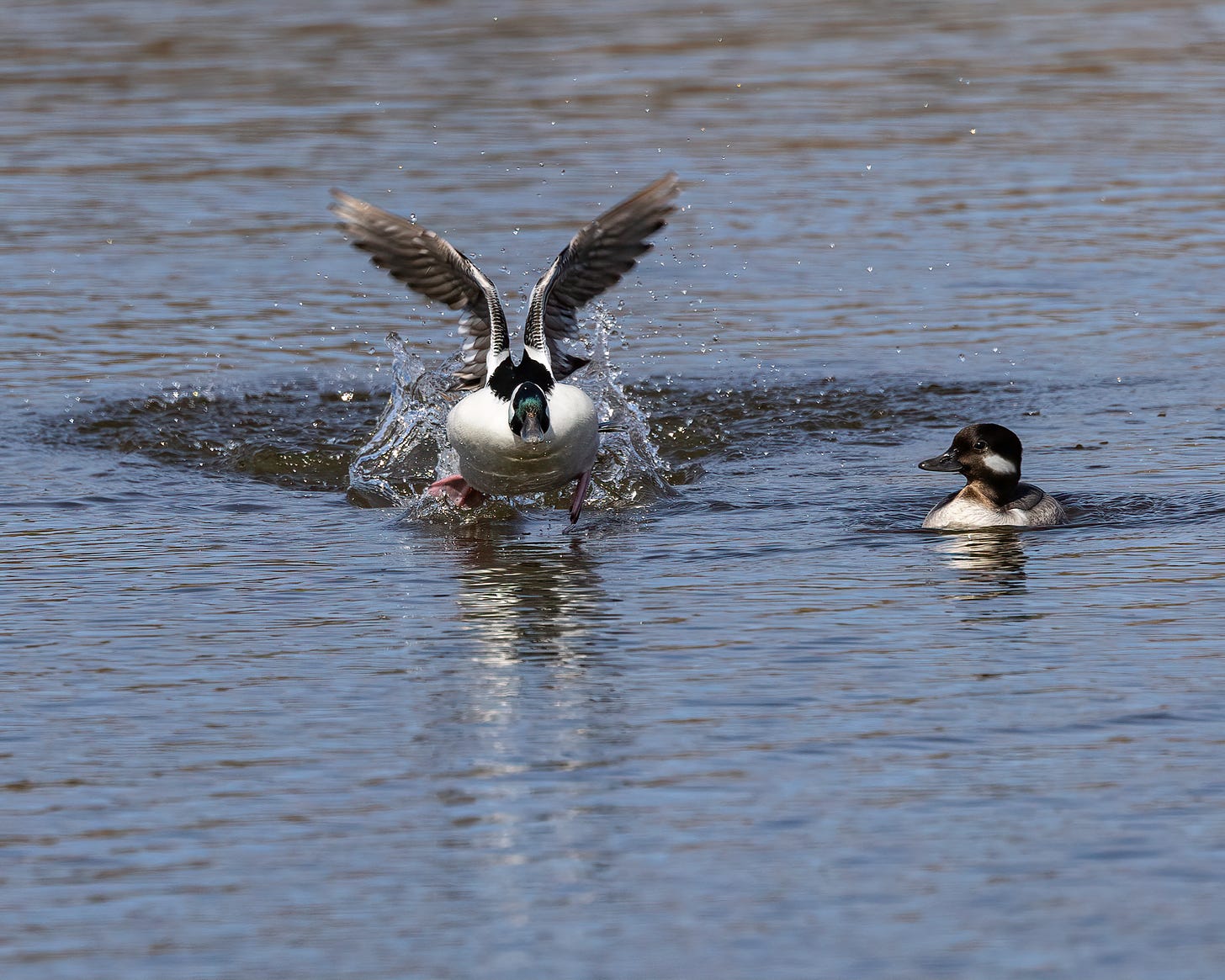
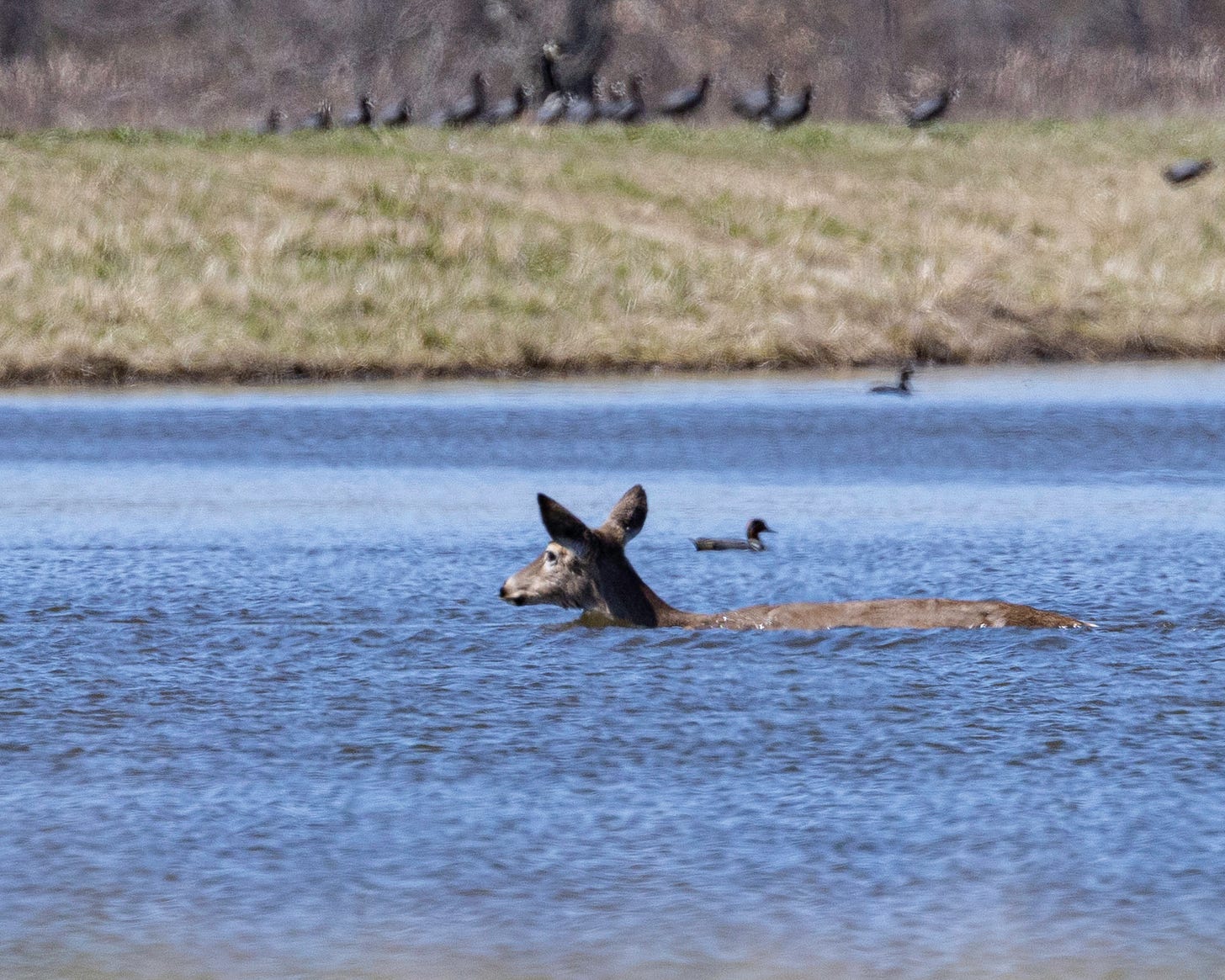
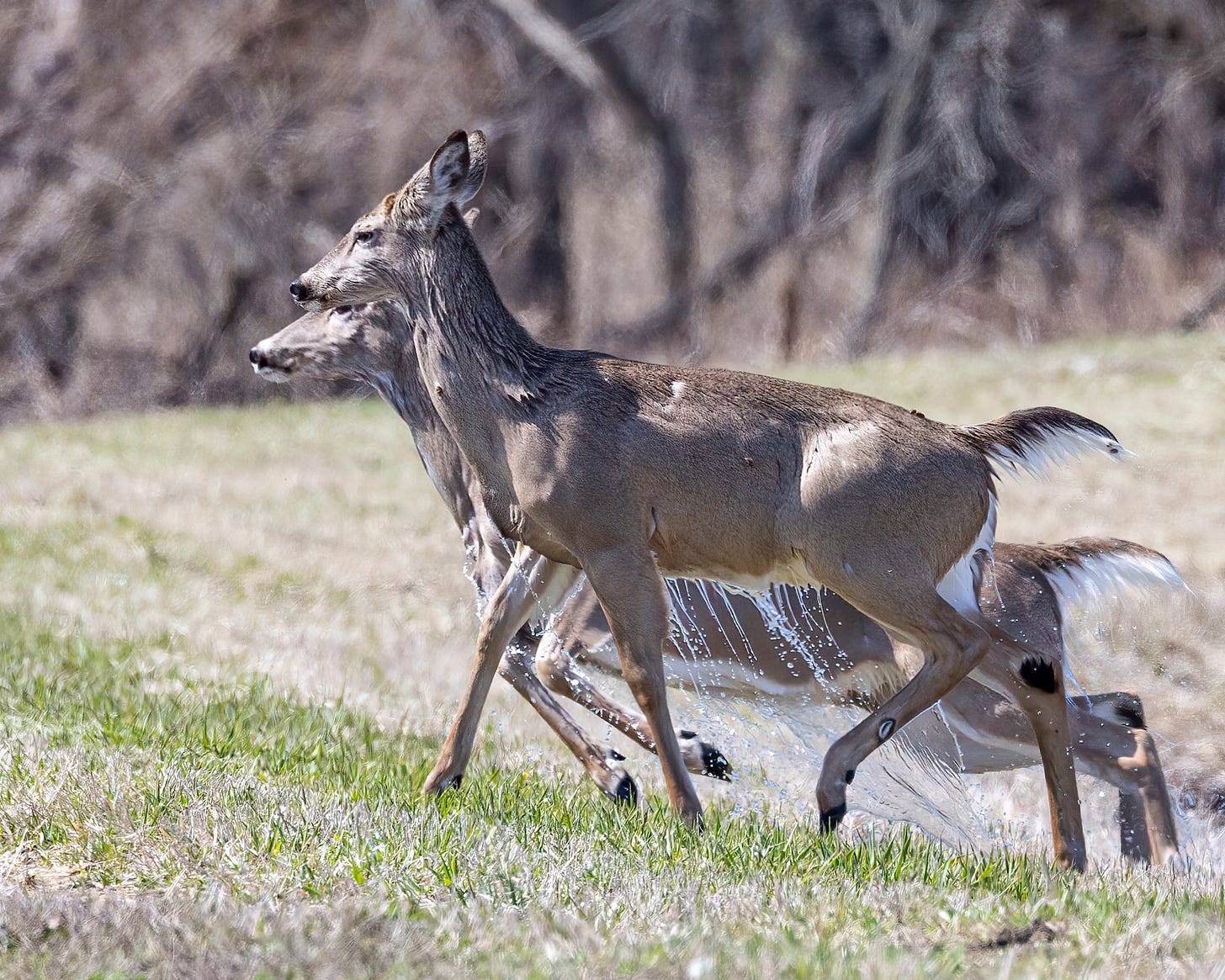
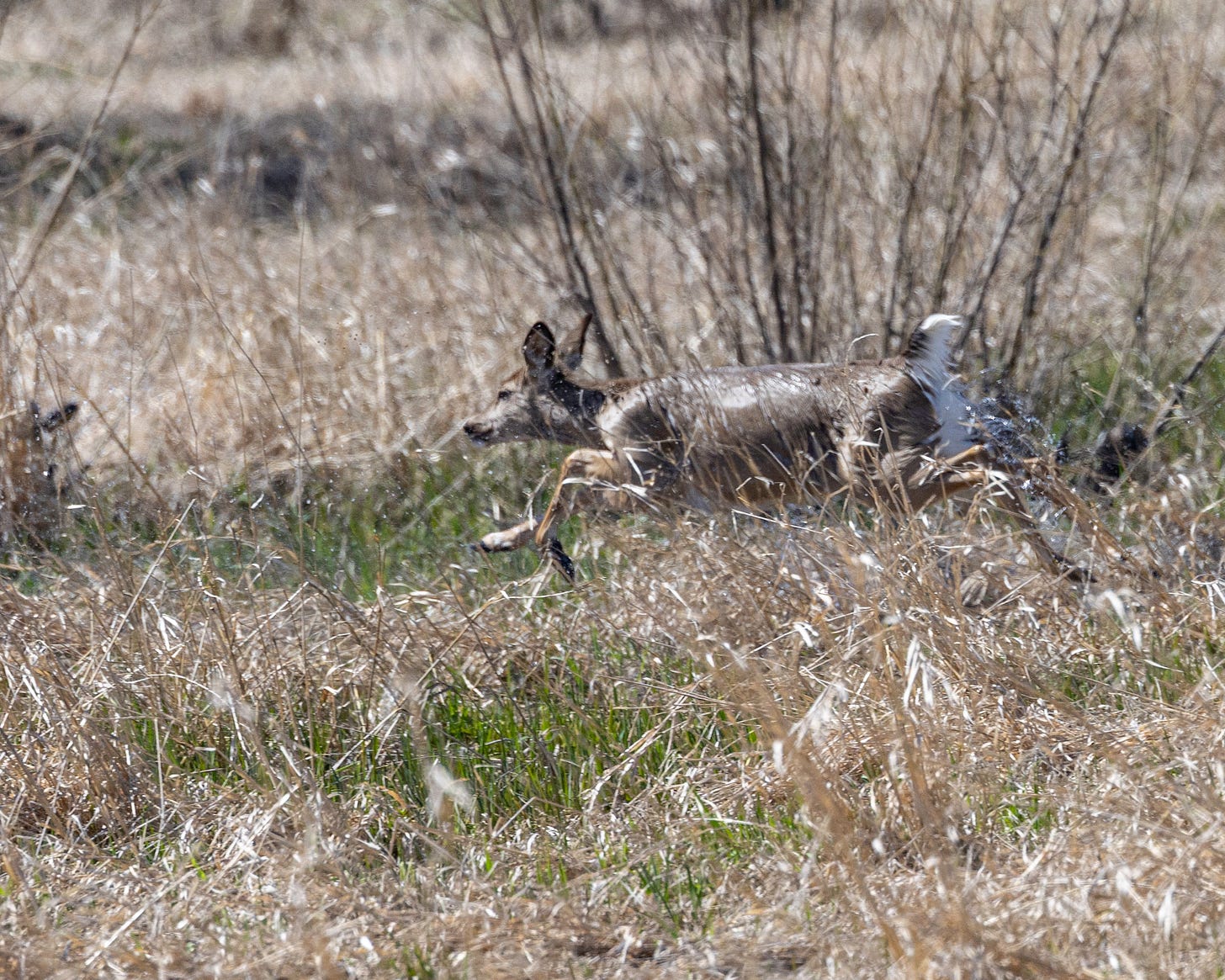

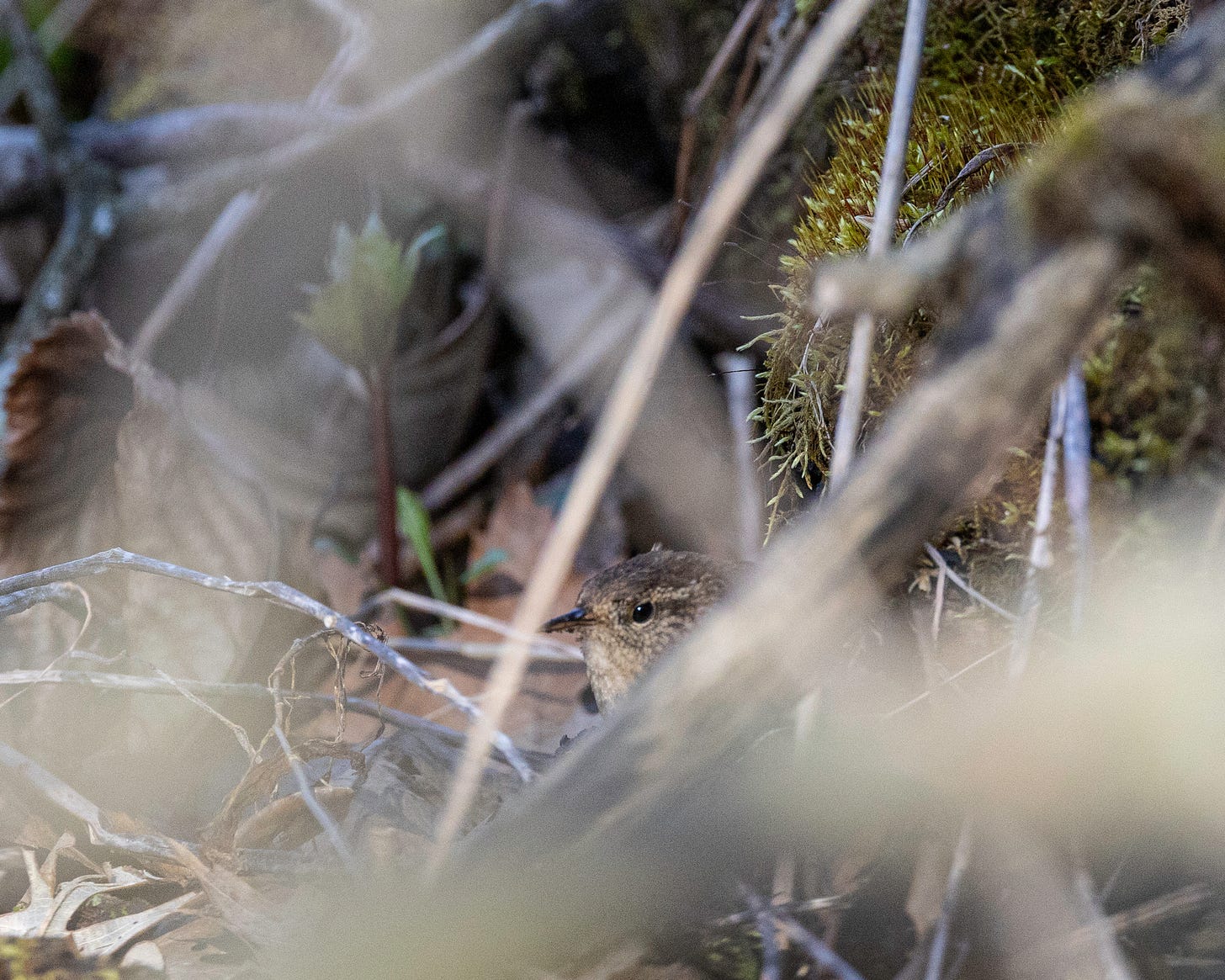
I love the interactive part!
Beautifully written, artfully related, intelligently composed.
Inspiring.
Spring is the season of hope and renewal. I’ve read it’s the angry season in ancient Chinese lore in that it demands awakening from winter slumber and is a call to action for planting the next years crops.
Thank you.